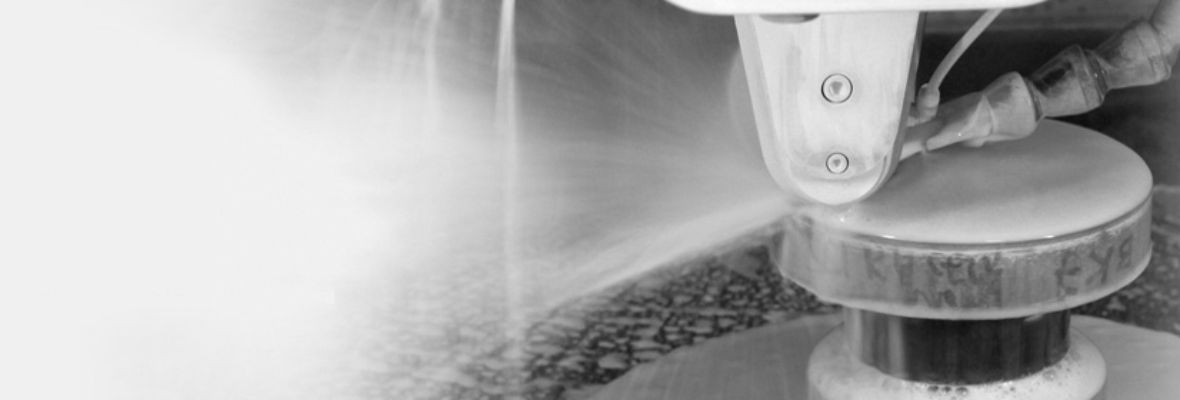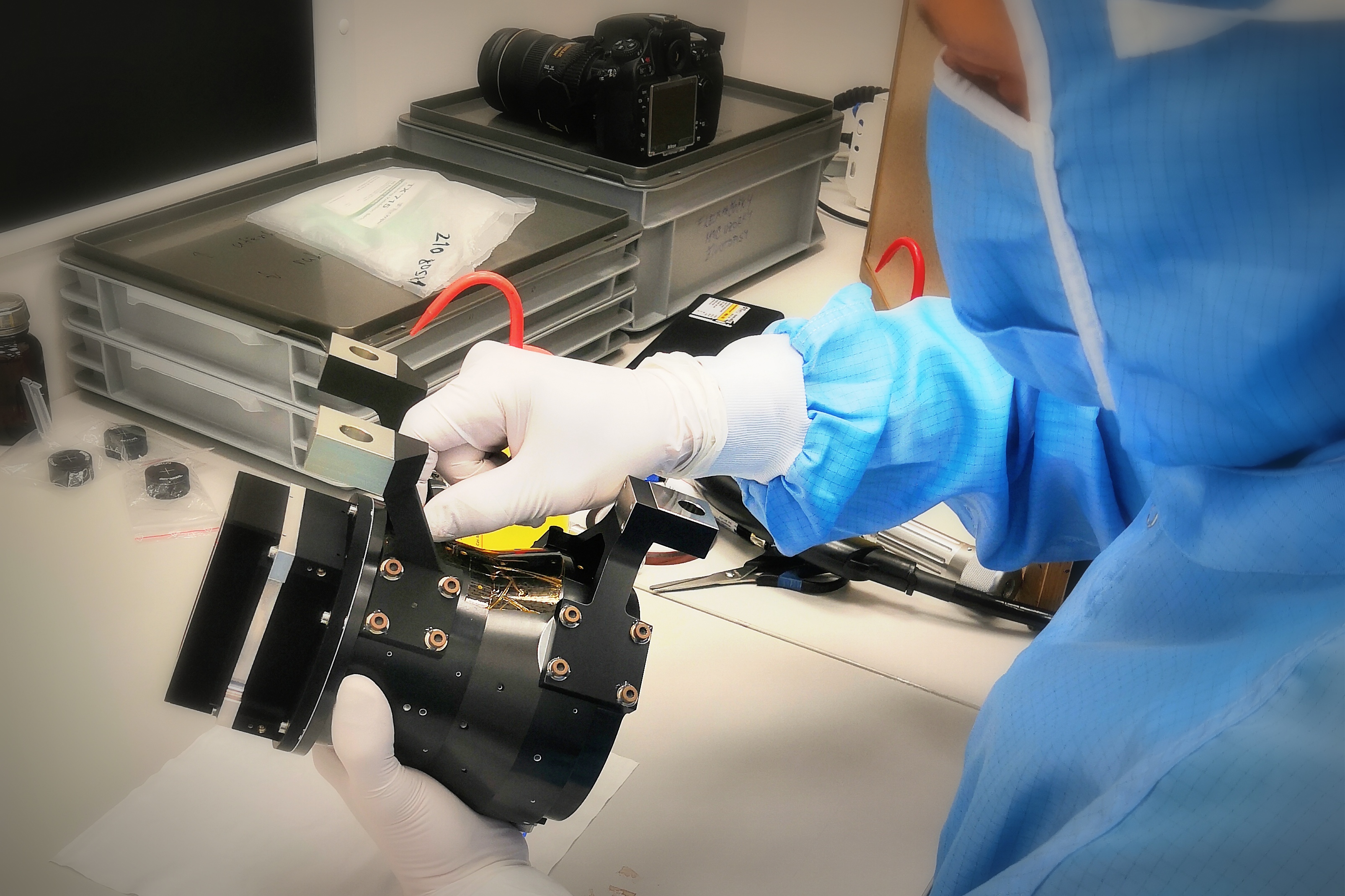
Another success in space research
Mon May 30 15:07:51 CEST 2022

An important milestone has taken place at the TOPTEC Centre. The TOPTEC team managed to complete and deliver a fully operational flight model of the FLEX FLORIS telescope, which will serve as an input to the space spectrometer for measuring the fluorescence activity of plants on Earth.
Scientists from the TOPTEC Centre in Turnov will make a significant contribution to the research on photosynthesis, which is one of the factors underlying the origin and existence of life on Earth. This research has never been needed as much in the past as in the last ten years. Indeed, photosynthesis can play a key role in combating the increasing amount of CO2 in the atmosphere. Scientists and technicians from the TOPTEC Centre of the Institute of Plasma Physics of the CAS have just completed several years of efforts aimed at developing and implementing an entry objective of a spectrograph on the FLEX FLORIS mission, which aims to collect data whose analysis will advance understanding of photosynthetic phenomena on a global scale.
An optical instrument the size of a blender worth tens of millions CZK, which was built at the TOPTEC Centre, is tuned to near perfection for these measurements. Among other things, the instrument does not suffer from distortion, is diffraction limited and its own optical noise is negligible, and this is certainly its most important and also completely unique feature. In fact, the data collection for the mission will take place in broad daylight from Earth orbit, at an altitude of about 800 km, where the instrument will collect data on the intrinsic fluorescence of photosynthesis. Photosynthetic fluorescence is typically manifested by radiation in a narrow spectral channel in the red part of the spectrum, but its intensity corresponds to only about 1% of the incident radiation. Any intrinsic optical noise of the instrument is thus completely unacceptable, because the signal-to-noise ratio of SNR in this measurement is desperately small by principle." notes Dr. Lukas Steiger, senior project manager.
The scientists from the TOPTEC team fulfilled their demanding and exhausting part in the framework of extensive international cooperation by sending the completed and perfectly calibrated objective to their colleagues from the European Space Agency. "The future fate of this unique instrument is now entirely in their hands, and they are certainly the hands of the most competent." Steiger smiles.



